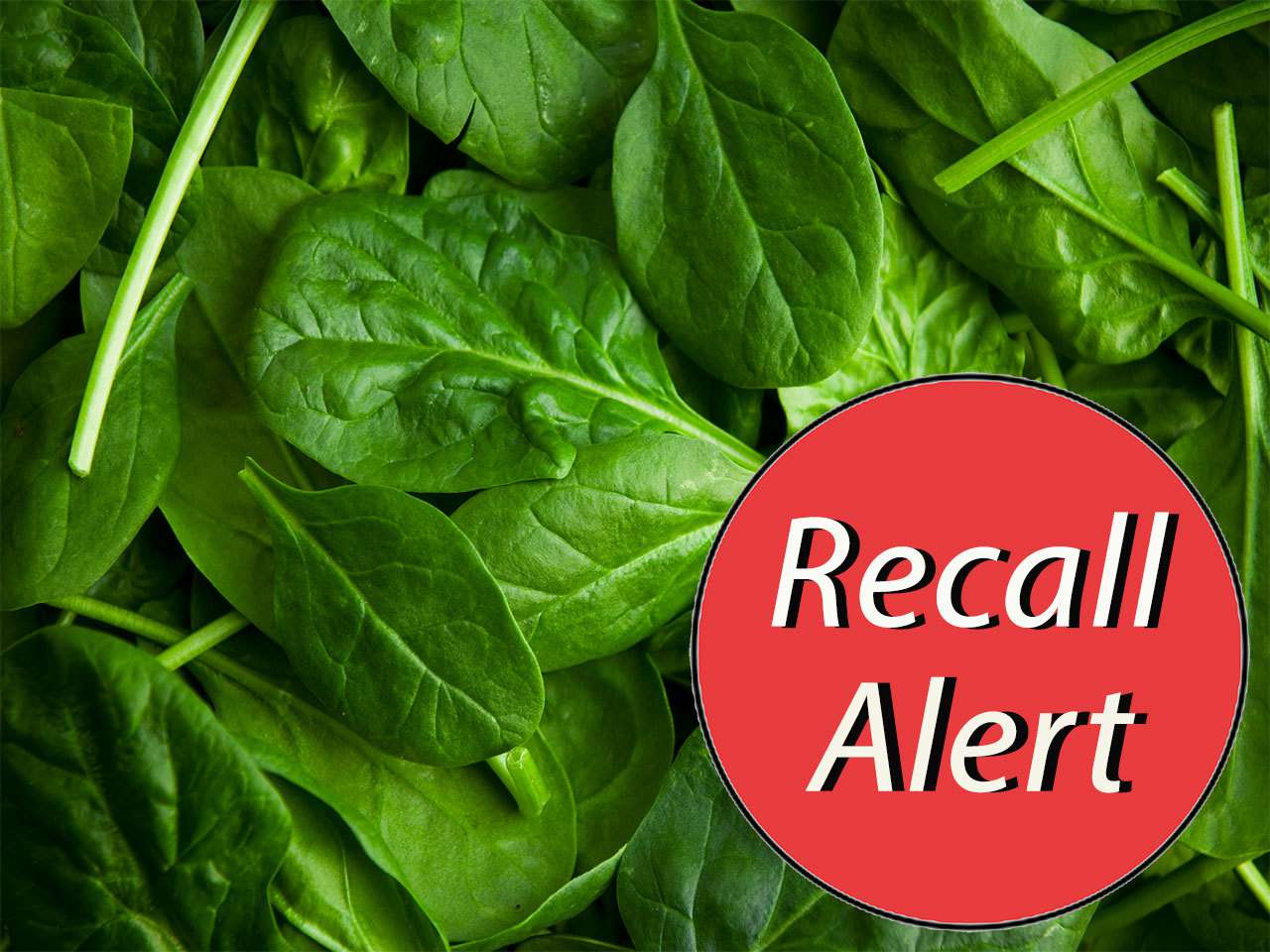A Parent’s Guide to Spinach Recalls: Navigating Safety and Awareness
Hey there, super parents! Are you concerned about the recent spinach recalls and wondering how to keep your little ones safe? Well, you’ve come to the right place! In this comprehensive guide, we’ll unwrap everything you need to know about spinach recalls, from understanding why they happen to how you can respond effectively. So buckle up, and let’s dive into the world of leafy greens with safety in mind!
Understanding Spinach Recalls
First things first, let’s talk about why spinach recalls happen. Spinach, like any fresh produce, can sometimes be contaminated with nasties like E. coli, Salmonella, and Listeria. These bacteria can sneak onto spinach at any point during the growing, harvesting, processing, or distribution stages.
Common Causes of Contamination
- Water Sources: Contaminated water used for irrigation or washing can introduce bacteria.
- Animal Intrusion: Wild animals romping through fields may leave behind harmful pathogens.
- Improper Handling: If not handled with care during harvesting and packaging, contamination can occur.
The Recall Process: From Farm to Fork
When a problem is spotted, companies issue a recall to prevent consumers from getting sick. These recalls are often voluntary and done in coordination with the FDA or USDA. The process typically goes something like this:
- A contamination is detected during routine testing or reported through illness.
- The company investigates the source and determines the extent of the issue.
- A recall is issued, including specific product details like lot numbers and best-by dates.
- Stores pull the affected products, and consumers are advised to return or dispose of them.
- Public health announcements are made to alert the wider community.
Staying Informed About Recalls
Knowledge is power, especially when it comes to food safety. Here are some ways you can stay in the know:
- Sign Up for Alerts: The FDA and USDA offer alert systems to notify you about food recalls. Signing up can keep you well-informed.
- Check Store Notices: Grocery stores often post recall notices in prominent places like entrances or near customer service desks.
- Follow the News: Major recalls often make headlines, so keep an eye on the news for any breaking stories about spinach recalls.
What to Do If You Have Recalled Spinach
If you find yourself with a bag of recalled spinach, don’t panic. Here are the steps you should follow:
- Stop Eating It: First, stop eating the spinach immediately. It’s better to be safe than sorry.
- Check the Details: Look at the recall notice and compare it with the product you have. Pay attention to lot numbers and expiration dates.
- Return or Dispose: You can usually return the product to the store for a refund, or you might be advised to dispose of it.
- Clean Up: If the spinach has touched any surfaces or other foods, make sure to clean them thoroughly to prevent cross-contamination.
Hold on tight, dear parents, as we continue our journey through the leafy labyrinth of spinach recalls. Next up, we’ll explore how to replace recalled spinach with safe alternatives and how to report a foodborne illness if you suspect you’ve been affected. So stay tuned, stay safe, and keep those greens on your plate—responsibly, of course!
Remember, while food recalls can be worrying, they’re also a sign that monitoring systems are working to keep your family’s food supply safe!

Five Things Parents Should Know in Preparing for Spinach Recalls
As a parent, keeping your family safe is your top priority, especially when it comes to food. To help you prepare for spinach recalls, here are five key things you need to know:
1. Educate Yourself About Leafy Greens Safety
Understanding the potential risks associated with leafy greens can better prepare you for dealing with recalls. Proper storage and handling are crucial to prevent spoilage and cross-contamination at home. Always wash your hands before handling foods, keep your spinach refrigerated, and wash leaves under cold water before eating or cooking.
2. Keep Your Kitchen Contamination-Free
Create a safety zone in your kitchen. Use different cutting boards for vegetables and meat, and regularly sanitize surfaces where food is prepared. After hearing about a recall, cleaning your fridge and any containers that held the recalled spinach is essential. It’s all about keeping those nasty bacteria away from your family’s food.
3. Grow Your Spinach or Buy Local
One way to reduce the risk of contamination is to grow your spinach or buy from local farmers. This doesn’t guarantee safety, but shorter supply chains can often mean fresher, less handled produce. Plus, supporting local agriculture is a fantastic way to contribute to your community’s economy.
4. Know How to Promptly Respond to Symptoms
If someone in your family starts showing symptoms of a foodborne illness (like stomach cramps, diarrhea, or vomiting), don’t wait to seek medical advice. Quick action can lead to a faster recovery and help prevent the spread if there’s an outbreak. Keep a record of what you’ve eaten to assist healthcare providers in tracing potential sources of contamination.
5. Spread Awareness in the Community
Spread the word when you hear of a spinach recall. Sharing recall information within your network can prevent others from consuming contaminated products. Use social media, community boards, or just good old-fashioned conversation to keep your friends and neighbors informed.
Choosing Safe Alternatives to Recalled Spinach
When spinach is off the menu, don’t despair! There are plenty of other nutrient-rich greens you can enjoy. Swap in kale, Swiss chard, or arugula for a tasty and safe alternative. These can often be used in the same way as spinach, whether it’s in salads, smoothies, or as a cooked side dish.
Reporting Foodborne Illness
If you suspect that you or a family member has become ill from eating recalled spinach, it’s important to report it. Contact your local health department to relay your experience. Reporting incidents can help health officials identify outbreaks and take necessary actions to protect public health.
Through awareness and a proactive approach, you’ll be well-equipped to keep your family healthy and to navigate any spinach recall that might come your way. As vigilant parents, it’s up to us to embrace these recall adventures with a sense of responsibility and community spirit. So let’s continue taking positive steps towards a spinach-safe future!
For more great articles please see here. For more information see here
Disclaimer
The articles available via our website provide general information only and we strongly urge readers to exercise caution and conduct their own thorough research and fact-checking. The information presented should not be taken as absolute truth, and, to the maximum extent permitted by law, we will not be held liable for any inaccuracies or errors in the content. It is essential for individuals to independently verify and validate the information before making any decisions or taking any actions based on the articles.




